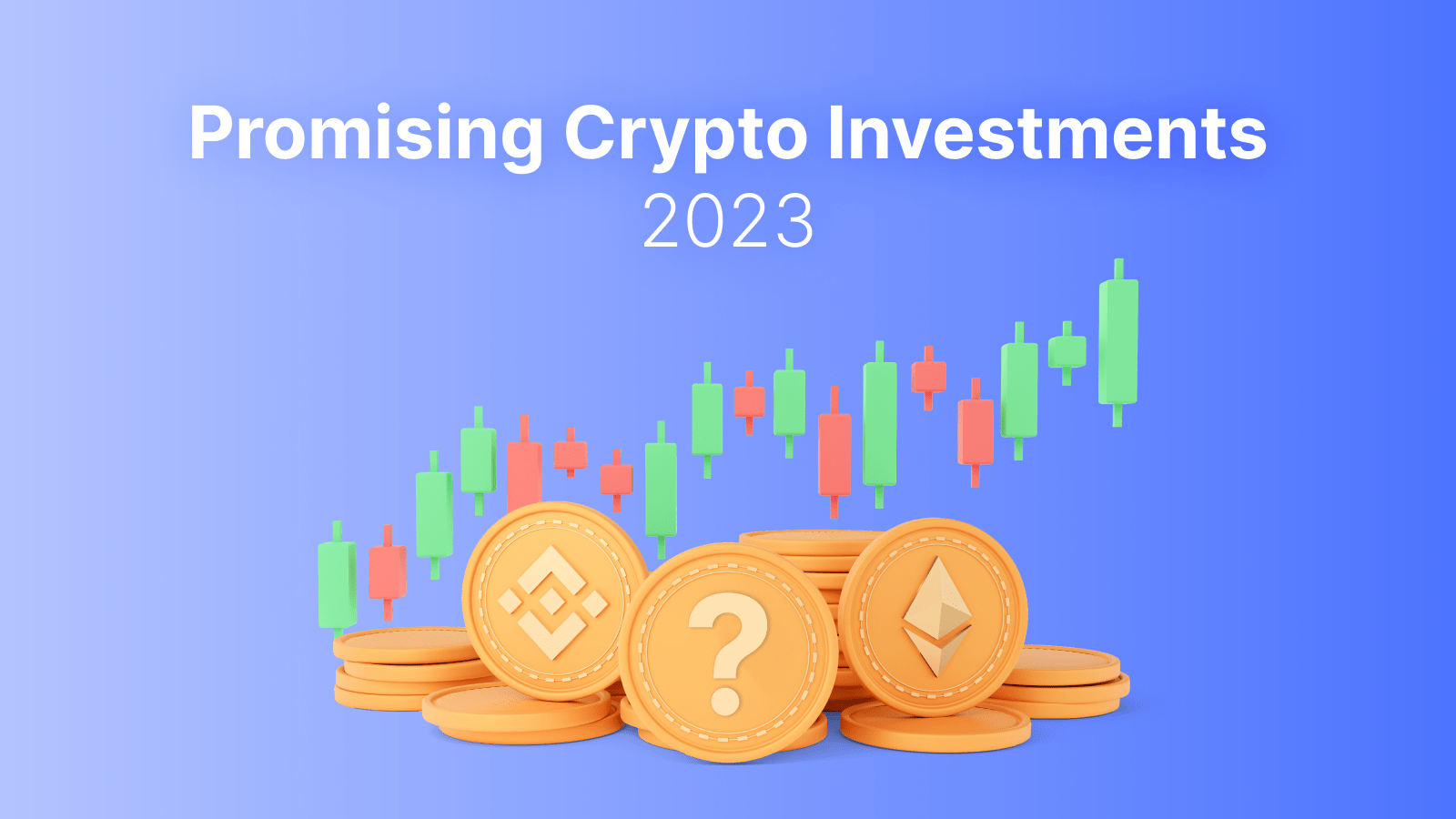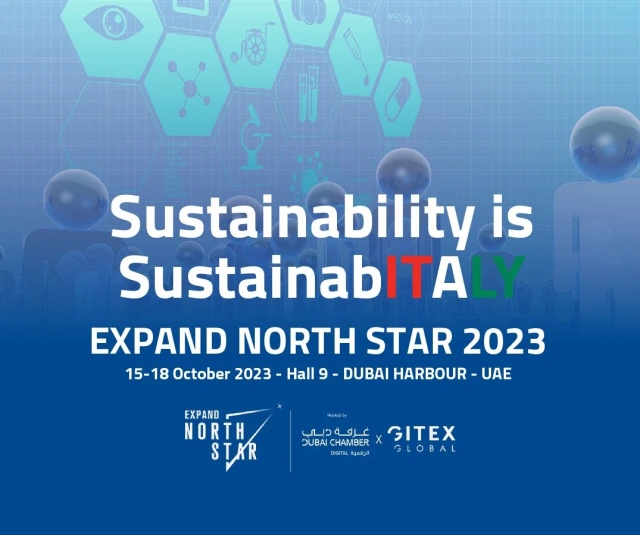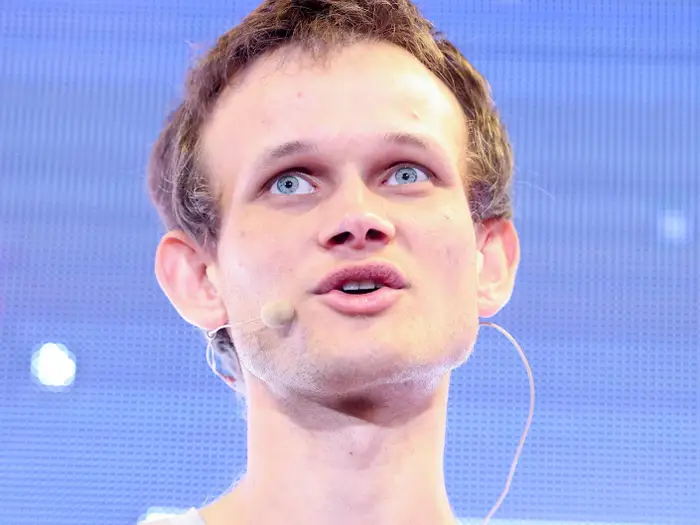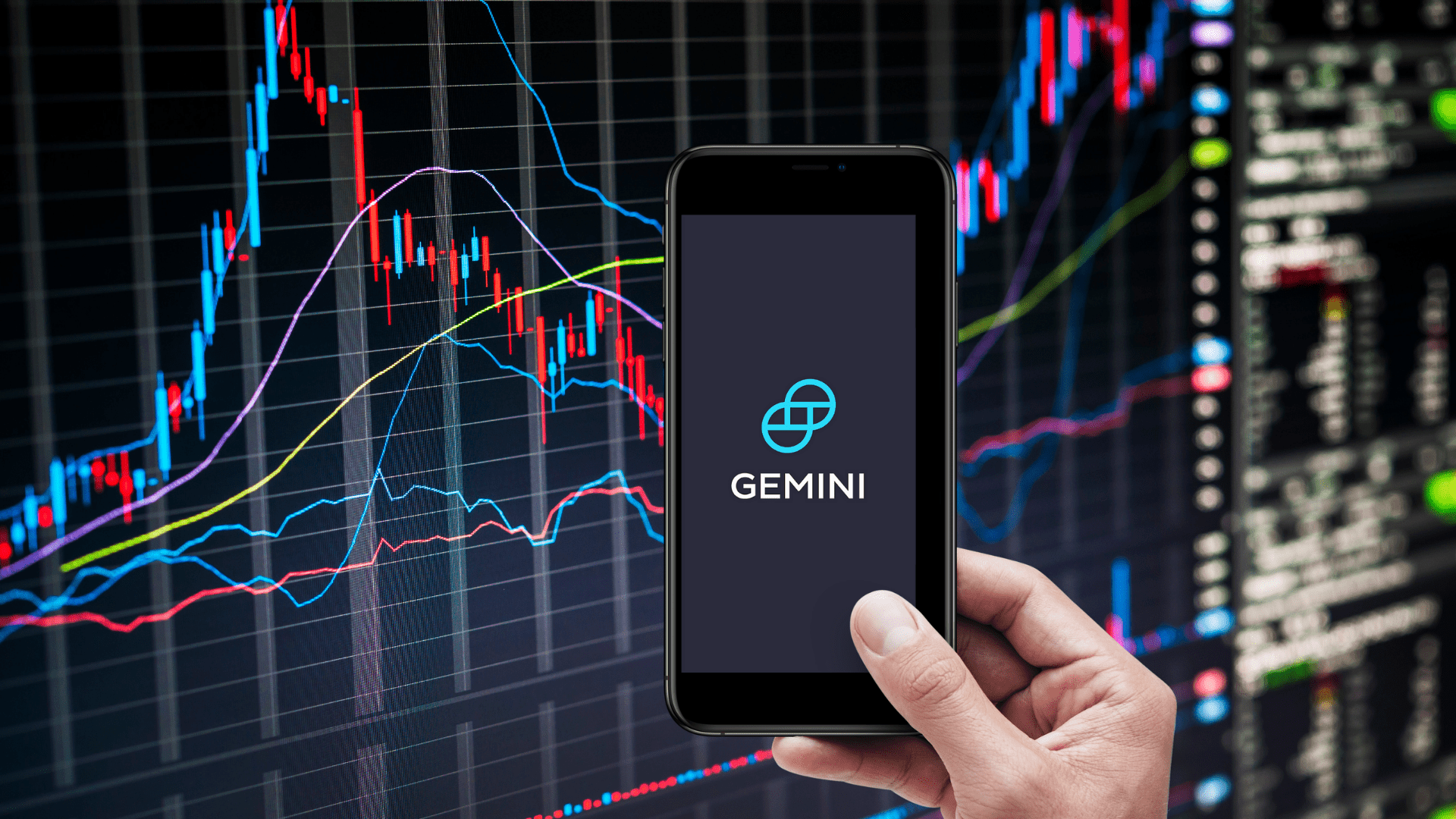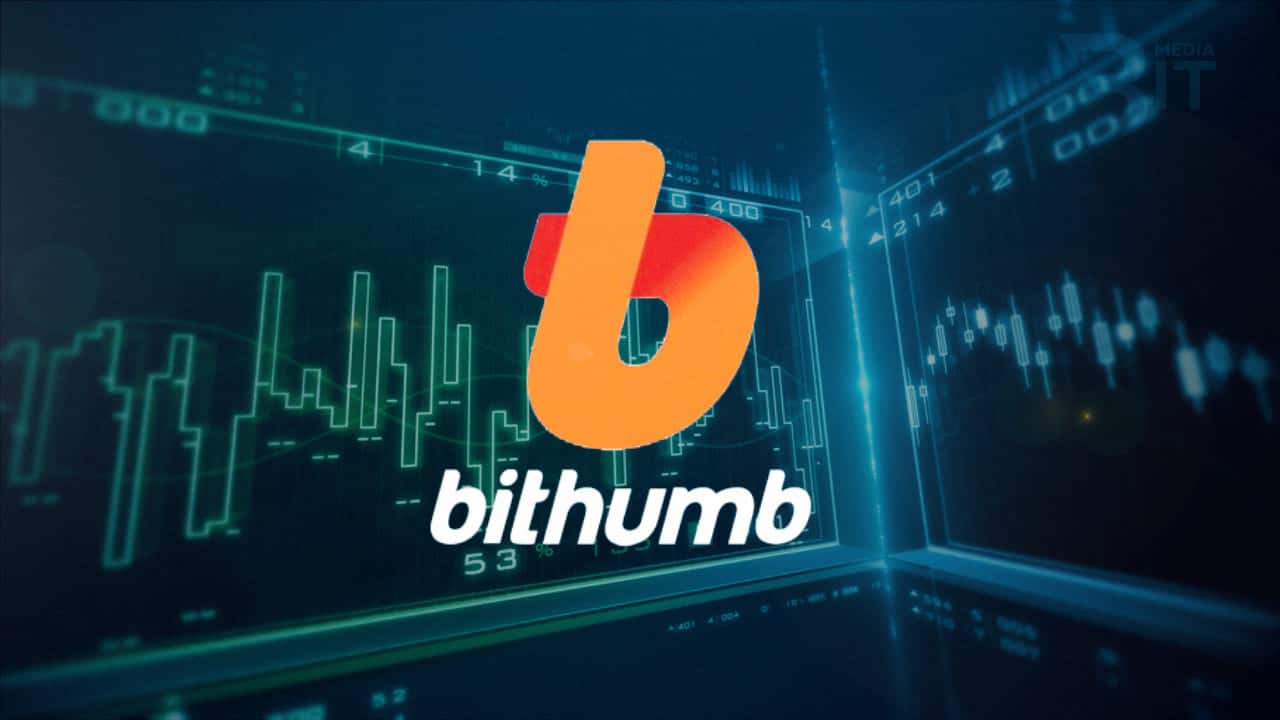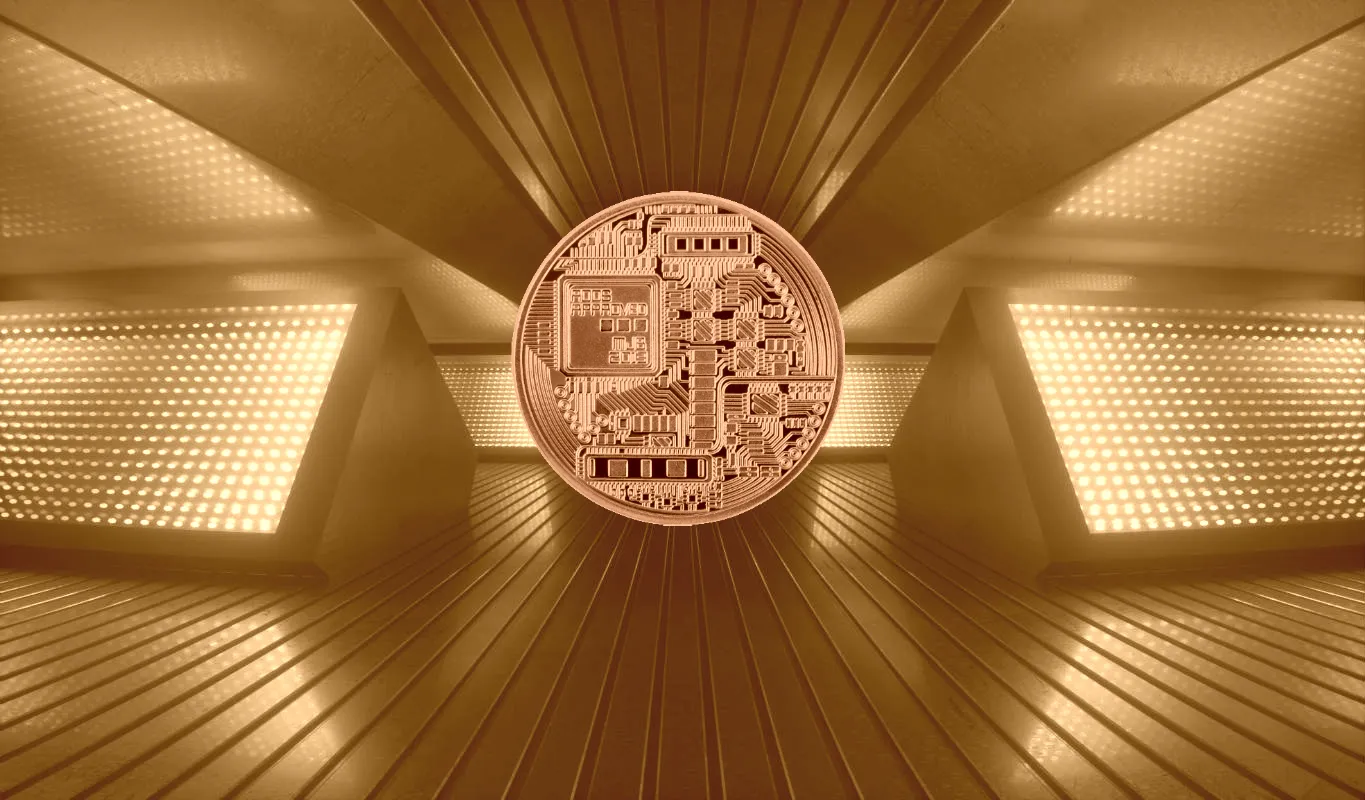Here how Polygon is challenging the limitations of Ethereum
Polygon uses a variety of scaling solutions to address the limitations of Ethereum. These scaling solutions include
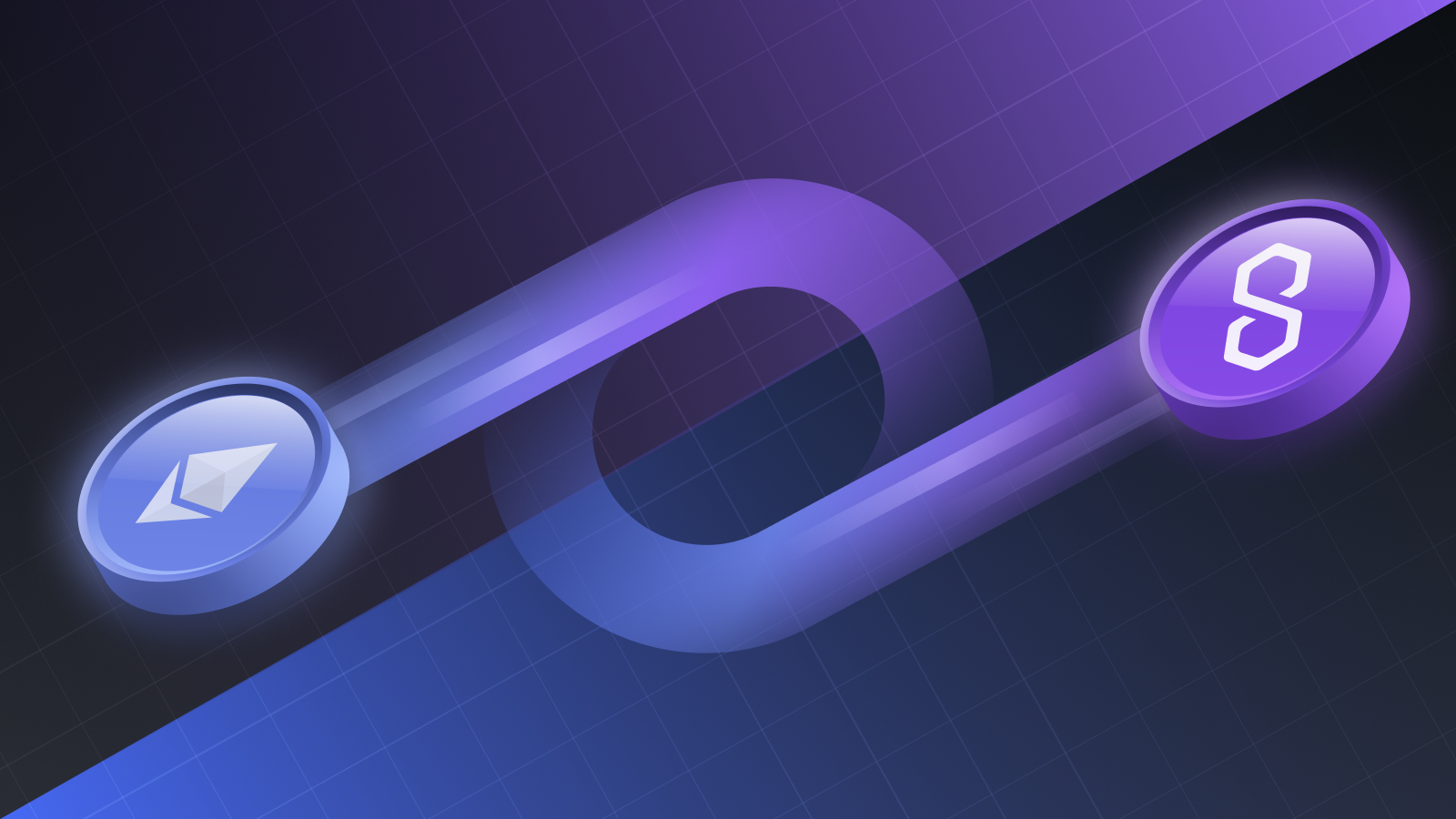
Polygon is a leading Ethereum scaling solution that is helping to address the limitations of Ethereum, such as high gas fees and slow transaction speeds. Polygon co-founder Sandeep Nailwal interview recently discussed how Polygon is challenging the limitations of Ethereum in an interview.
High gas fees
One of the biggest limitations of Ethereum is its high gas fees. Gas fees are the fees that users have to pay to have their transactions processed on the Ethereum network. Gas fees can be very high, especially during times of high network congestion.
Polygon addresses the problem of high gas fees by using a variety of scaling solutions. One of the most popular scaling solutions used by Polygon is called PoS sidechains. PoS sidechains are parallel blockchains that are connected to the Ethereum mainnet. Transactions on PoS sidechains are much cheaper than transactions on the Ethereum mainnet.
Slow transaction speeds
Another limitation of Ethereum is its slow transaction speeds. Ethereum can only process a limited number of transactions per second. This can lead to long delays for users who are trying to get their transactions processed.
Polygon addresses the problem of slow transaction speeds by using a variety of scaling solutions. One of the most popular scaling solutions used by Polygon is called Optimistic Rollups. Optimistic Rollups bundle hundreds of transactions together and then process them off-chain. This allows Polygon to process many more transactions per second than Ethereum.
Other limitations
In addition to high gas fees and slow transaction speeds, Ethereum also has a number of other limitations, such as limited scalability and poor interoperability. Polygon is addressing all of these limitations with its suite of scaling solutions.
Sandeep Nailwal on Polygon?s mission
Sandeep Nailwal, co-founder of Polygon interview, recently discussed Polygon?s mission in an interview. Nailwal said that Polygon?s mission is to make Ethereum accessible to everyone. Nailwal believes that Ethereum has the potential to revolutionize the world, but it is currently limited by its high gas fees and slow transaction speeds.
Polygon is working to address these limitations and make Ethereum more accessible to everyone. Nailwal believes that Polygon can help to make Ethereum the platform of choice for developers and users around the world.
Polygon?s progress
Polygon has made significant progress in recent months. The Polygon network now has over 130 million active addresses and over 3 billion transactions have been processed on the Polygon network. Polygon is also home to a growing ecosystem of over 19,000 dApps.
Polygon is also working on a number of new initiatives, such as Polygon zkEVM, a zero-knowledge Ethereum Virtual Machine. Polygon zkEVM is expected to launch in early 2023 and will provide users with even lower gas fees and faster transaction speeds.
Polygon is a leading Ethereum scaling solution that is helping to address the limitations of Ethereum, such as high gas fees and slow transaction speeds. Polygon co-founder Sandeep Nailwal recently discussed how Polygon is challenging the limitations of Ethereum in an interview.
Polygon is making significant progress and is well-positioned to play a leading role in the adoption of Ethereum. Polygon has the potential to make Ethereum the platform of choice for developers and users around the world.
Polygon?s scaling solutions
Polygon uses a variety of scaling solutions to address the limitations of Ethereum. These scaling solutions include:
- PoS sidechains: PoS sidechains are parallel blockchains that are connected to the Ethereum mainnet. Transactions on PoS sidechains are much cheaper than transactions on the Ethereum mainnet.
- Optimistic Rollups: Optimistic Rollups bundle hundreds of transactions together and then process them off-chain. This allows Polygon to process many more transactions per second than Ethereum.
- Zero-knowledge proofs: Zero-knowledge proofs allow users to prove that they know something without revealing what it is. This can be used to create scalable and private transactions.
Polygon?s ecosystem
Polygon is home to a growing ecosystem of over 19,000 dApps. Some of the most popular dApps on Polygon include:
- Aave: Aave is a decentralized lending and borrowing platform.
- QuickSwap: QuickSwap is a decentralized exchange.
- SushiSwap: SushiSwap is a decentralized exchange.
- 1inch: 1inch is a decentralized exchange aggregator.
- Curve Finance: Curve Finance is a decentralized exchange that specializes in stablecoin swaps.
What's Your Reaction?










